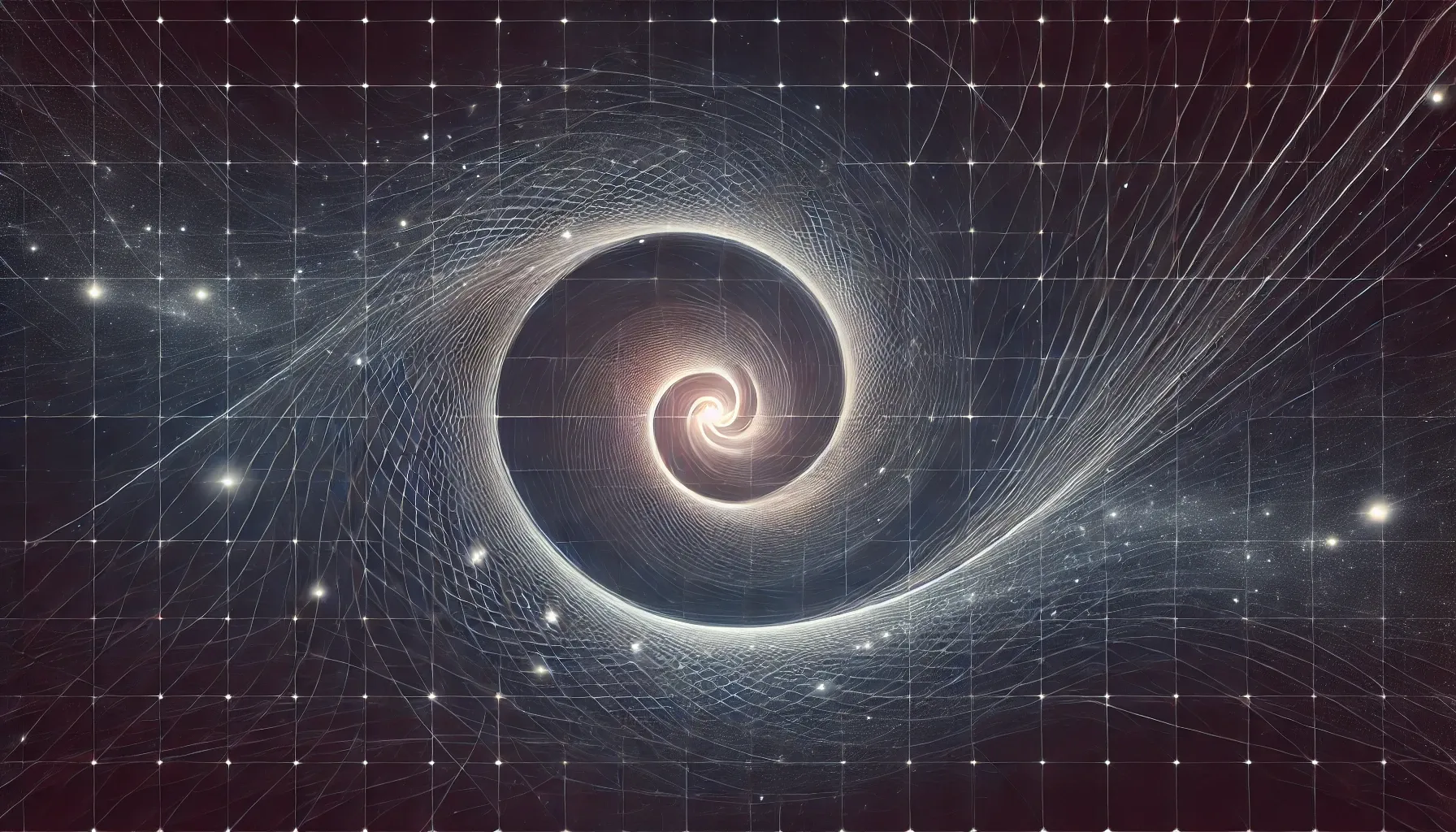The Relative Scaling Suite
Time for another thought experiment.
We return to the mountaintop laboratory, where our elite team of scientists is about to conduct an experiment unlike anything in human history.
They’ve developed a ground-breaking piece of technology: The Relative Scaling Suit — a device capable of shifting an observer up or down in scale, allowing them to directly experience different levels of spacetime.
The first test is set.
The suit will scale down to the quantum level for just 0.1 seconds, then automatically return the wearer to human scale.
You are chosen to participate.
Downscale: Into the Quantum Realm
As the countdown begins, you steady yourself.
When the timer hits zero, the transformation is instant.
The laboratory vanishes around you.
You’ve entered an entirely new reality: the quantum realm.
To your shock, the tiny beings you once observed under a microscope are now your peers. They welcome you as one of their own.
You expect to return quickly… but time does not work that way down here.
Days pass.
Then months.
Then years.
You live an entire life among them — aging, adapting, eventually giving up hope of return. Decades pass. You grow old. You believe the suit and experiment have failed you.
Then, without warning — you’re back.
The lab returns. The air is the same. Your team is frozen mid-sentence.
Only 0.1 seconds have passed but you are now 30 years older.
But you have aged a lifetime.
The team stares in disbelief. Their colleague, once young and vibrant, now an old frail man — a living paradox.
The Implication: Time Is Relative to Scale
You review the data together. The conclusion is clear:
Time at the quantum scale was so compacted that your subjective experience lasted decades — while only 0.1 seconds passed at the human scale.
You didn’t malfunction. The suit didn’t break.
You simply moved across spacetime scale, and with it, time itself shifted.
Upscale: Into the Cosmic Realm
Now the team sets up a second experiment — this time, to scale up.
A different scientist is chosen: the eldest among you, seeking one final adventure.
The suit is set to upscale for just 0.001 seconds.
They vanish.
Seconds pass.
Then minutes.
Then days.
Then years.
No return.
The team eventually loses hope. But decades later, something miraculous happens.
In the blink of an eye — the scientist reappears.
He removes the suit, looking around in confusion.
From his perspective, he never left.
The others, now wrinkled and grey, stare in astonishment.
Their colleague — once the eldest — is now the youngest among them.
He has not aged a single second.
The Principle: Time and Space Transform with Scale
The results are undeniable:
1. Scaling down accelerates time.
- At the quantum level, 0.1 seconds of our time is equivalent to a full lifetime of theirs.
- From our scale, the quantum world evolves incomprehensibly fast — but from within, proper time flows normally.
2. Scaling up slows time.
- At the cosmic scale, human decades can pass in what feels like a blink.
- To us, the upscaled scientist was gone for years — to him the experience was instantaneous.
What the Experiment Reveals
This experiment provides an insight into a central claim of Universal Relativity:
Time is not absolute — it emerges from the interaction between mass, energy and space at different gradients of scale.
Core Principles Demonstrated:
- An observer’s experience of time is always “normal” in their own scale reference.
- But when viewed across scale boundaries, time distorts — or rather, it relatively scales.
- The illusion of time flow is simply the experience we can measure between mass-energy and space interpreted through transformations and gradients of scale.
The Deeper Question
What, then, is time?
If all time is relative to scale, does time truly exist — or is it a perception created by the interaction of mass-energy with spacetime?
This thought experiment forces us to confront deep questions:
- Could this explain why quantum events seem instantaneous?
- Could it reveal why black holes appear frozen from the outside, but evolve internally?
- Could the Big Bang be not an explosion, but a sudden transition in scale?
A Glimpse of the Fabric
The team exchanges glances, aware of what they’ve just witnessed.
Not just a scientific experiment — but a direct glimpse of how reality may truly be structured across scales.
If time is a perception and perception is scale-relative, then perhaps…
The nature of time is not what we think it is.
And the flow of reality is simply the unfolding of scale.

